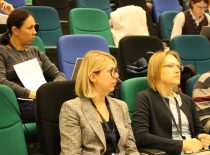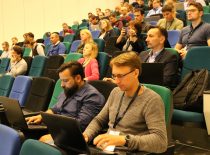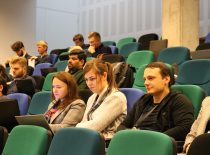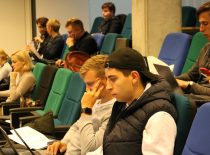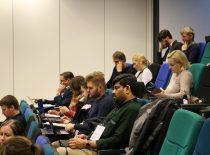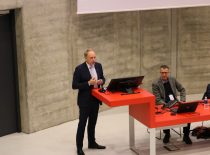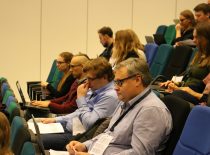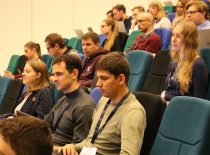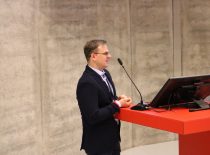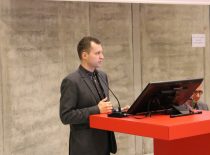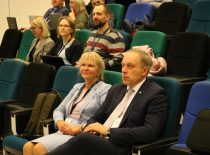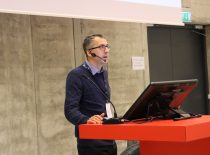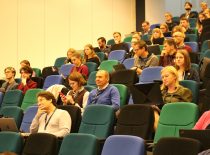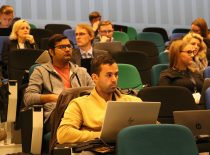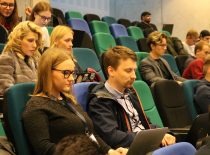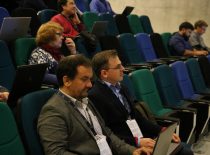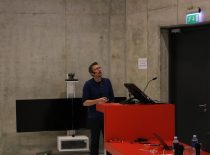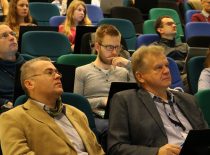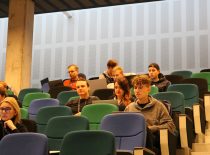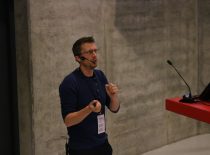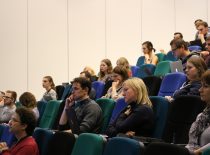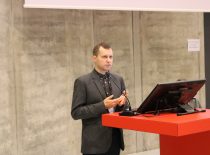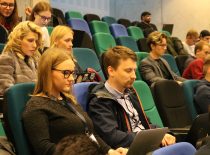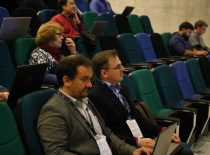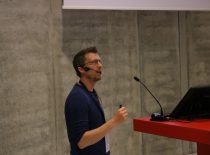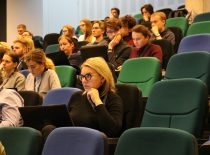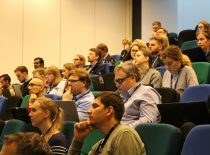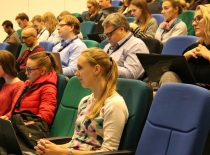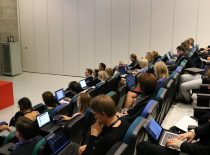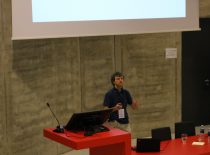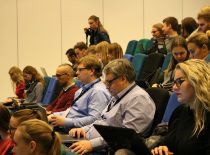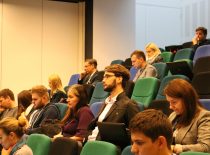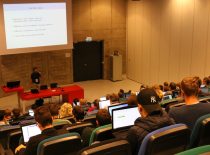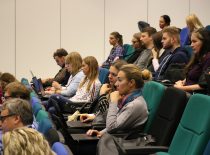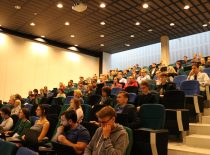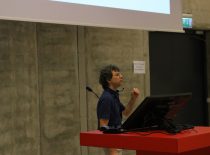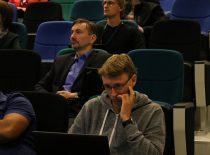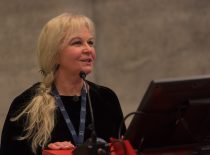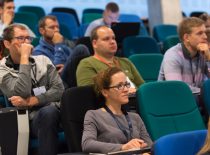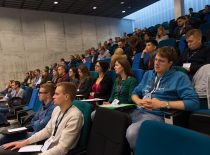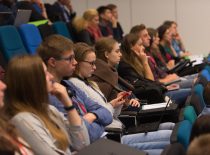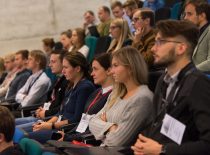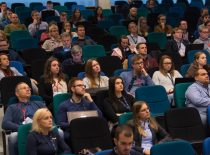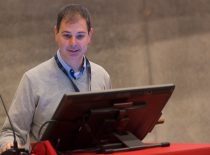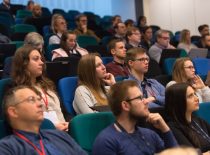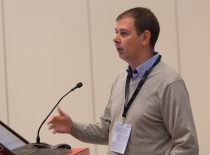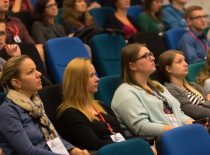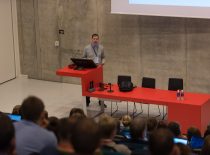About Big Data School 2019
KTU Big Data School 2019 is both theoretical and practical scientific event aiming at updating participants about the most recent advances in the critical and fast developing area of big data, which covers topics such as big data and financial analytics, machine learning, big data processing, etc.
The event is concentrated towards deep theoretical background and improving skills during practical workshops.
The event will take place at Kaunas University of technology and is organized by the Faculty of Mathematics and Natural Sciences. The sessions will be held at KTU Technology and Business Centre Santaka Valley.
There will be three sessions given by different experienced speakers involving lectures and practical tasks.
The event is addressed to Industry practitioners, Scientists, PhD students, postdocs and Master students.
Lecturers:
Dr. Michael Fairbank (University of Essex, UK)
Short-bio: Dr Michael Fairbank is a Computer Science lecturer at the University of Essex, UK. He is an active machine-learning researcher, with publications in reinforcement learning, deep learning and neural networks. In his previous careers he worked as a computer consultant and as a mathematics teacher. He has a passion for all things related to computing, mathematics and AI.
Dr. Wannes Meert (KU Leuven, Belgium)
Short Bio: Wannes Meert received his degrees of Master of Electrotechnical Engineering, Micro-electronics (2005), Master of Artificial Intelligence (2006) and Ph.D. in Computer Science (2011) from KU Leuven. He is currently research manager in the DTAI research group at KU Leuven. His work is focused on applying machine learning, artificial intelligence and anomaly.
Dr. Damien Challet (Paris Saclay University, France)
Short bio: Full professor, Quantitative Finance, Applied Mathematics, CentraleSupélec, Paris Saclay University (2011-). PhD in Theoretical Physics, Fribourg (2000), Switzerland, Engineer in Physics, EPFL, Switzerland (1997).
Topics:
Introduction to Tensorflow and Deep Learning
Brief lecture outline: The course introduces Tensorflow as a programming language from scratch and shows how to use it to build simple neural networks and perform backpropagation. Students are encouraged to program along with the tutor. The basic underlying workings of TensorFlow and neural networks are taught without resorting to higher-level black box packages, so that students can gain a fundamental understanding of how deep learning works. The course also gives an introductory overview of popular deep learning models, including convolutional neural networks and recurrent neural networks. The course alternates programming exercises with taught theory throughout the day.
Working programming language will be Python.
Lecture pre-requisites:
Moderate programming experience in Python, or strong programming experience in another language. The course will be delivered in Python, at a fast pace. No prior neural network or TensorFlow experience is assumed. To be prepared for the day, delegates could take a python refresher on-line course.
Decision Trees for Big Data
Brief lecture outline: Decision trees, and derived methods such as Random Forests, are among the most popular methods for learning predictive models from data. This is to a large extent due to the versatility and efficiency of these algorithms. This course will introduce students to the basic methods for learning decision trees, as well as to variations and more sophisticated versions of decision tree learners, with a particular focus on those methods that make decision trees work in the context of big data.
Working programming language will be Python.
Lecture pre-requisites:
Familiarity with mathematics, probability theory, statistics, and algorithms is expected, on the level it is typically introduced at the bachelor level in computer science or engineering programs.
Big Data in Finance
Brief lecture outline: Financial data is different from other types of data for two main reasons: financial markets are non-stationary, which requires constant adaptation and re-calibration, and the data itself is very noisy with extreme events, which makes calibration difficult. Special care is thus required, which is the topic of this lecture. Practical session includes data cleaning in practice and assets and days clustering.
Working programming language will be Python.
Lecture pre-requisites:
Familiarity with mathematics, probability theory, statistics, and algorithms is expected, on the level it is typically introduced at the bachelor level in computer science or engineering programs.
Gallery:


